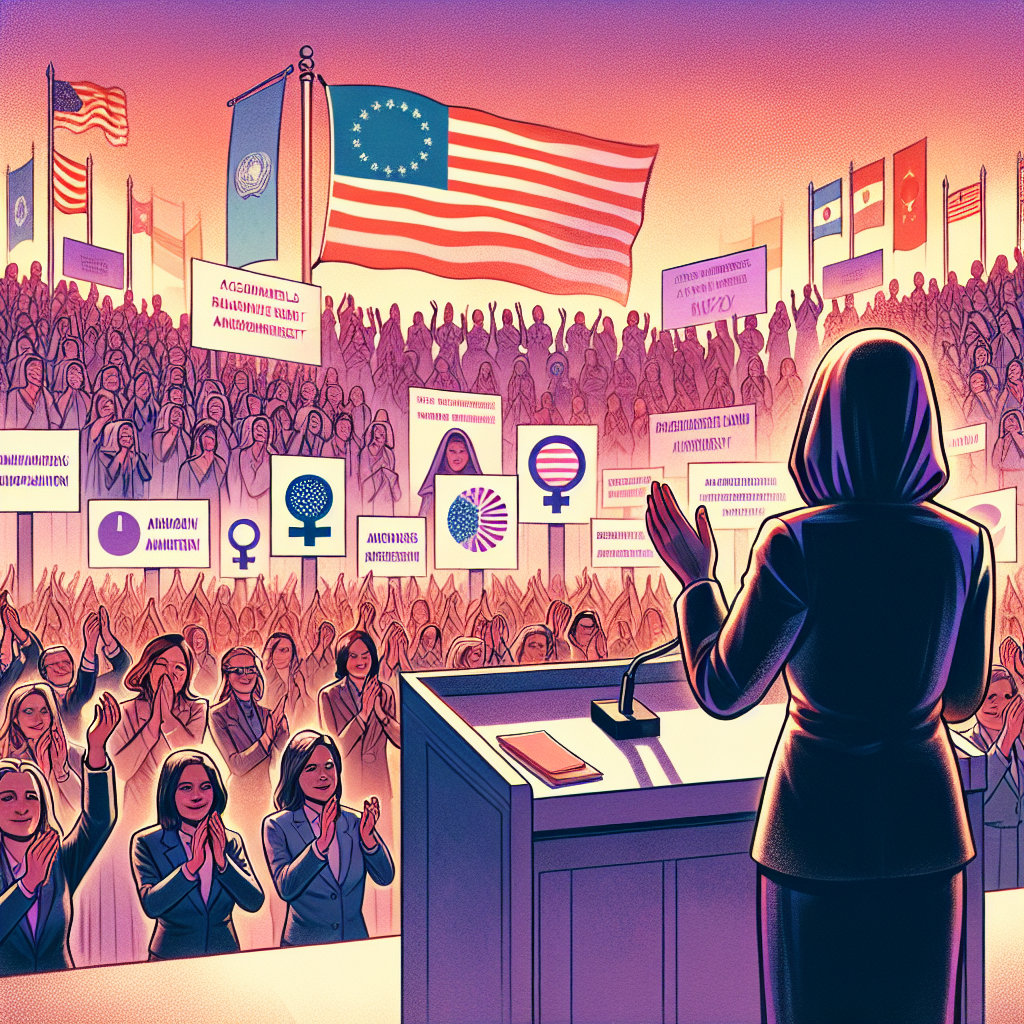Uneven Paths to Gender Equality: Three Decades after the Beijing Declaration
Despite significant progress in women empowerment since the Beijing Declaration, enduring gender stereotypes, discriminatory norms, and unequal power relations continue to impede gender equality. While advancements in education and maternal health are noted, challenges like intimate partner violence and gender pay gaps persist, emphasized by a UN official.

- Country:
- Thailand
Despite notable strides in women's empowerment since the Beijing Declaration, persistent gender stereotypes, discriminatory norms, and entrenched power imbalances continue to impede progress towards gender equality, according to a high-ranking UN official.
Speaking at a UN Ministerial Conference ahead of the 30th anniversary of the Beijing Declaration, UN Under-Secretary-General Armida Salsiah Alisjahbana warned that while there are achievements to celebrate, not all news is good. The framework laid out in 1995 inspired policies and reforms worldwide, but progress remains inconsistent and fragile in certain areas.
Alisjahbana highlighted both the achievements and challenges faced over the years. She emphasized improvements such as increased school attendance for girls in Asia Pacific and a decline in maternal mortality rates. However, she expressed concern over issues like the ongoing gender pay gap and intimate partner violence. As the world recovers from the pandemic, she noted its disproportionate impact on women, highlighting the continued need for addressing gender equality globally.
(With inputs from agencies.)










